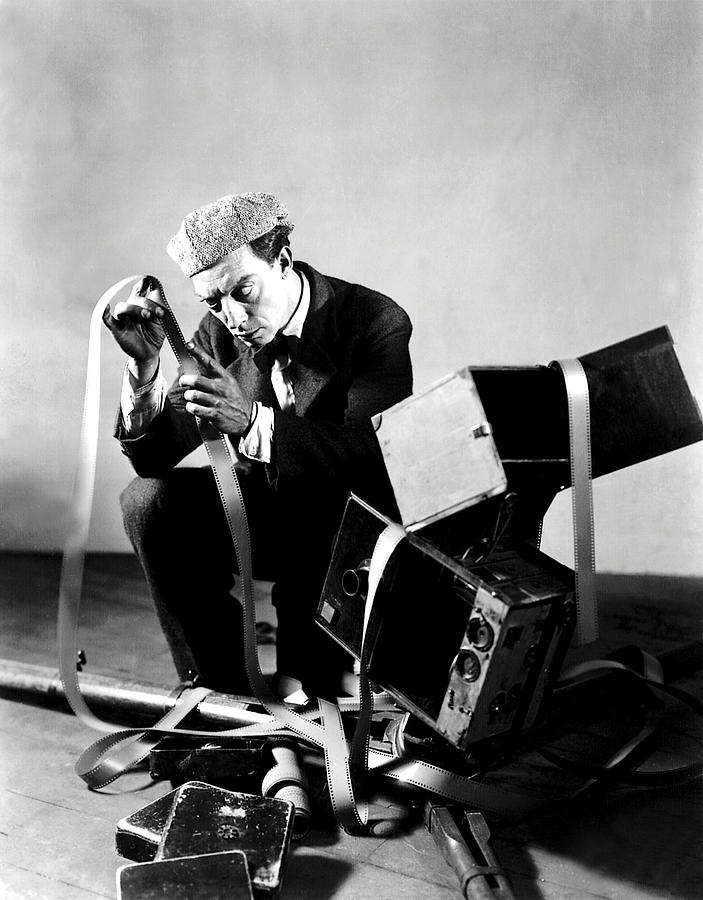Structure
I've noted a number of times a problem many biographers have. Often, the life they're writing is fascinating for a number of years, then a lot less so. But a biography has to treat it all . This is especially bad when the subject does the most interesting stuff early.
A good example is Buster Keaton. A great cinematic artist, he did all his best work from 1920 to 1929. When he was done, he still had half his life left to live. Not that the rest of his life is boring (though a lot of it is depressing), but the reason you want to know about him is that magical decade. When it's over, there are still a lot of pages to go. Of minutes if it's a documentary.
Peter Bogdanovich, I'm happy to say, has solved this problem in his film The Great Buster. It may not be groundbreaking (the best doc on Buster is still probably the 3-hour A Hard Act To Follow), but he figured out how to structure it.
The film starts with Buster's early years as a child star on stage and then co-star of Fatty Arbuckle. Next are the early 1920s where he makes a series of classic shorts. What followed them were his features, as great a body of work as you'll find in cinema. But when that's done, we'll have his years of failure and lesser success up till his death in 1966.
Now you can plays the later years as a storyline--he hits a low point and then straightens out his life, and at the end he's finally recognized by the world as a master. But Bogdanovich does something even better. He simply notes, after discussing the shorts, that Buster made a number of great features in the 20s, and we'll return to them.
He then skips all the way to the end of the decade when Buster's contract was sold to MGM, followed soon by his early talkies and his life and career bottoming out. He takes us all the way to the end of Buster's life and then doubles back to spend time on each of his great features, which are the proper climax for the film. So congratulations, Bogdanovich, you cracked it.
(Though I do have a slight complaint. He treats The Cameraman, Buster's first film for MGM, as the beginning of the end. It's true the MGM contract would not work out artistically, but Buster still had enough freedom in his first feature there that I'd say The Cameraman stands alongside his other great silent films--sort of the same way A Night At The Opera stands alongside the Marx Brothers' Paramount films, even though MGM eventually ruined them as well.)



0 Comments:
Post a Comment
<< Home